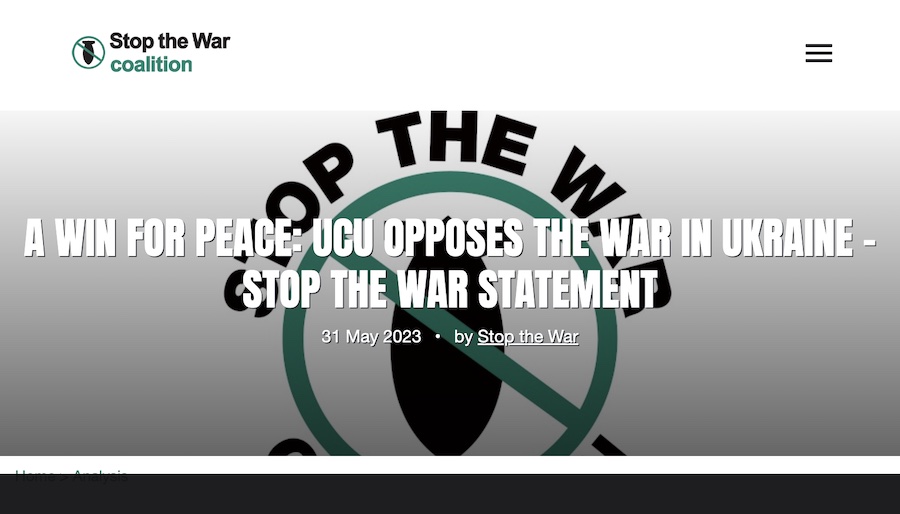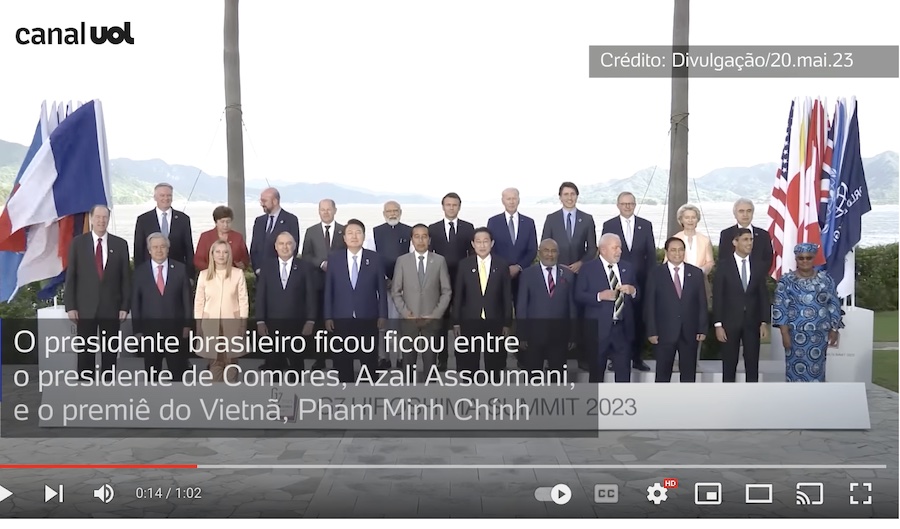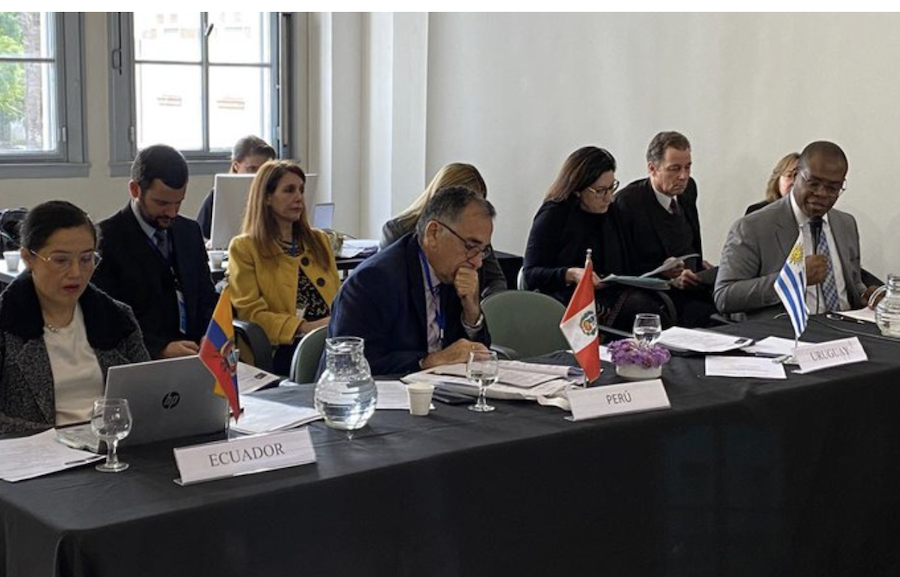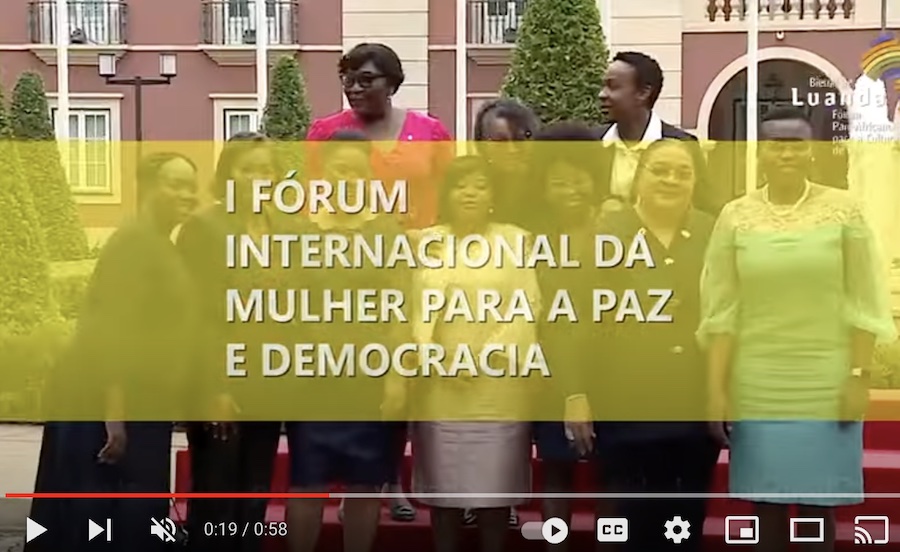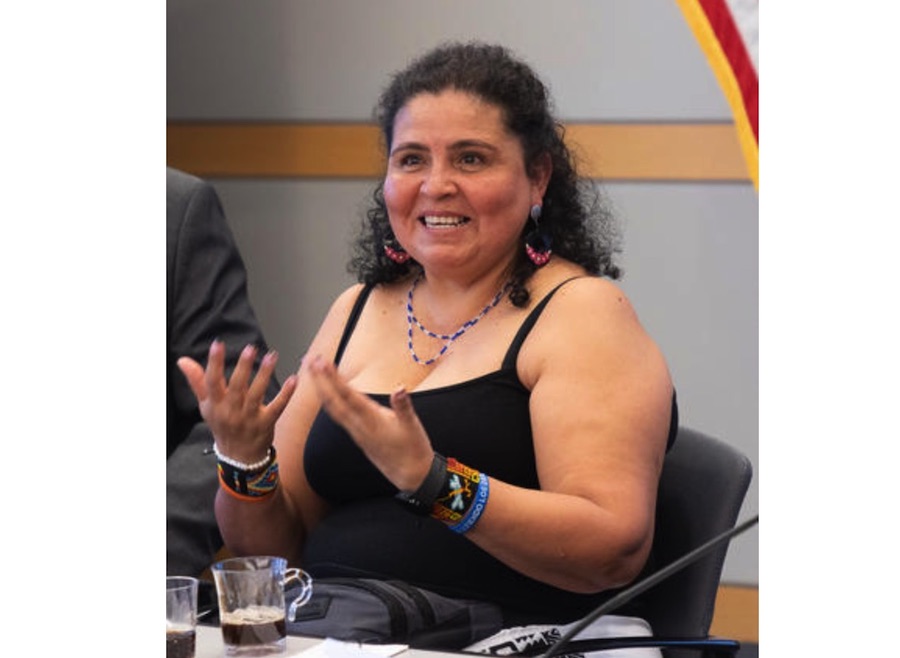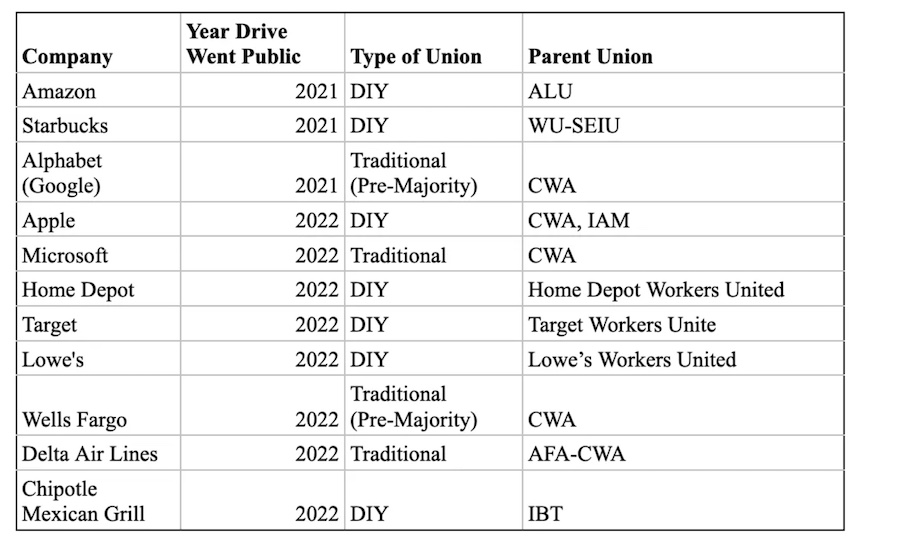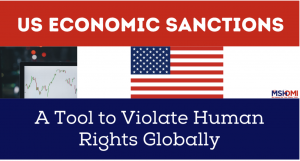DISARMAMENT & SECURITY .
An article from The International Campaign to Abolish Nuclear Weapons
Forty-five civil society organisations in Spain have come together to form a coalition with a single mission: to persuade the Spanish government to adhere to the 2017 Treaty on the Prohibition of Nuclear Weapons (TPNW). The Alianza por el Desarme Nuclear (Alliance for Nuclear Disarmament), which has the backing of ICAN, was launched in Madrid on 23 May. It will work to raise public awareness of the treaty’s importance and lobby decision-makers to endorse it.
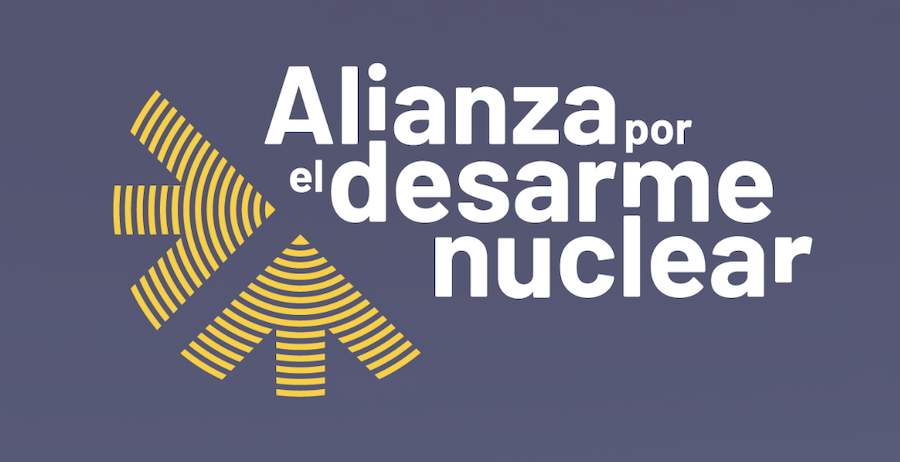
Speaking at the launch event, the alliance’s coordinator, Maribel Hernández, urged the Spanish prime minister, Pedro Sánchez, to “take a courageous step forward” and sign the TPNW “as a symbol of our country’s commitment to peace”. She stressed the danger of “normalising the existence of nuclear weapons” and promoting a security model based on the possession of such weapons. As a NATO member, Spain has repeatedly endorsed the notion that US nuclear weapons offer it “protection” and could, in certain circumstances, be used on its behalf.
Carlos Umaña, a co-president of International Physicians for the Prevention of Nuclear War and member of ICAN’s international steering group, recalled that Sánchez committed in 2018 to sign the TPNW, but this promise “remains unfulfilled”. It was part of a deal struck with the leader of the Podemos political party, Pablo Iglesias. Umaña also noted that a majority of Spaniards – 89 per cent, according to a YouGov poll in 2020 – want the government to sign the TPNW. “We are at the most worrying moment in history in terms of the risk of a possible large-scale nuclear war from which there would be no going back,” he warned.
(Continued in right column)
Can we abolish all nuclear weapons?
(Continued from left column)
A broad coalition of organisations
The Alliance for Nuclear Disarmament comprises a diverse range of organisations and other entities working in the fields of peace and disarmament, human rights, the environment, and social justice, including Centre Delás d’Estudis per la Pau, the Spanish section of the Women’s International League for Peace and Freedom, AIPAZ (Spanish Association for Peace Research), FundiPau, Fundación Cultura de Paz, Greenpeace, Desarma Madrid, Ecologistas en Acción, General Commission for Justice and Peace, Mayors for Peace, Gernika Gogoratuz, Women in Black Madrid, Pressenza and MOC (Movement for Conscientious Objection). Since its launch, many more groups and individuals have expressed an interest in joining the alliance.
The groups are asking local municipalities and regional parliaments to appeal to the Spanish government to join the TPNW. Barcelona and dozens of other cities and towns have already pledged their support, as has the autonomous community of Navarre. Pending Spain’s accession to the TPNW, the alliance believes that the government should observe the official meetings of states parties to the treaty, held roughly every two years. The NATO members Belgium, Germany, the Netherlands, and Norway observed the first such meeting, held in Vienna last June. The second meeting will take place in New York this November.
Spain and the TPNW
The TPNW was negotiated at the United Nations in New York in 2017 and adopted with the support of 122 states. Spain opted not to participate in the process and has not yet taken any steps towards becoming a state party. Ahead of the treaty’s adoption, the foreign affairs committee of the Spanish congress of deputies passed a resolution calling on the government to support the approval of the new treaty – but it was not heeded. In 2020, the same committee welcomed the TPNW “as an effort to move towards peace, security, and disarmament”.
Three former Spanish foreign ministers – Ana Palacio, Javier Solana, and Carlos Westendorp – signed an open letter in 2020 with dignitaries from other NATO states and Japan calling on current leaders to “show courage and boldness – and join the [TPNW]”. Solana is also a former NATO secretary-general. They noted in their letter that the TPNW does not prevent its parties from remaining in alliances with nuclear-armed states, such as NATO, “but we would be legally bound never under any circumstances to assist or encourage our allies to use, threaten to use, or possess nuclear weapons”.
